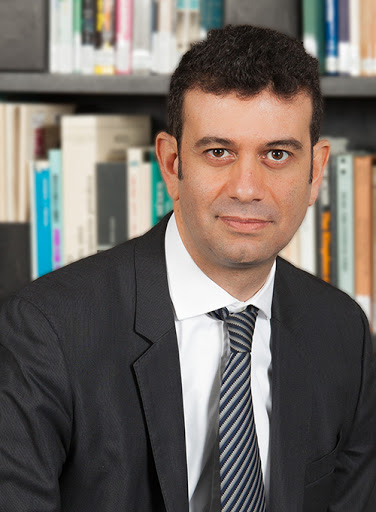Past Event
The Geopolitics of Oil and Gas and U.S.-Gulf Arab Relations
Date
Oct 22, 2020
About the event
This session took place as part of AGSIW’s sixth annual Petro Diplomacy conference.
The coronavirus pandemic has hit the economies of the Gulf Arab countries, including Saudi Arabia just as it was in the process of diversifying its economy away from overdependence on oil revenue. Conversely, lower oil prices and production will result in less income with which to shift from a public sector-dominated economy to one with more robust non-oil sectors. Meanwhile, the region had not yet fully recovered from the 2014-15 oil price collapse when many governments took steps to ease subsidies and introduce taxes to make up for lost revenue while dipping into foreign reserve funds. They have less margin for maneuver this time around given the scale of the crisis and the fact that it has struck the key aviation and hospitality sectors previously seen as growth engines. U.S. President Donald J. Trump forged a special relationship with Saudi Arabia and his intervention was partly responsible for the wider OPEC+ agreement that was reached in April to slash production by close to 10 million barrels per day and shore up oil prices. The U.S. presidential election is being watched keenly by the Gulf Arab states who see in Trump a champion of the oil industry compared with the Democratic contender, Vice President Joseph R. Biden Jr., who is campaigning on a clean energy platform.
Which of the Gulf Arab countries are best positioned to emerge from this crisis on firm economic ground, and who are the likely winners and losers? How will higher debt and borrowing coupled with reduced foreign investment flows and domestic spending to manage the crisis affect Gulf Arab economies? Will Gulf Arab countries eschew fiscal discipline in order to prioritize economic growth or will there be a wave of new taxes and deep subsidy cuts? How do the Gulf Arab states see the post-election relationship with Washington? How will the recent Emirati and Bahraini agreements with Israel to normalize relations affect the region’s geopolitical balance of power?
The views represented herein are the author's or speaker's own and do not necessarily reflect the views of AGSI, its staff, or its board of directors.
Speakers

Bassam Fattouh
Director, Oxford Institute for Energy Studies; Professor, School of Oriental and African Studies, University of London




